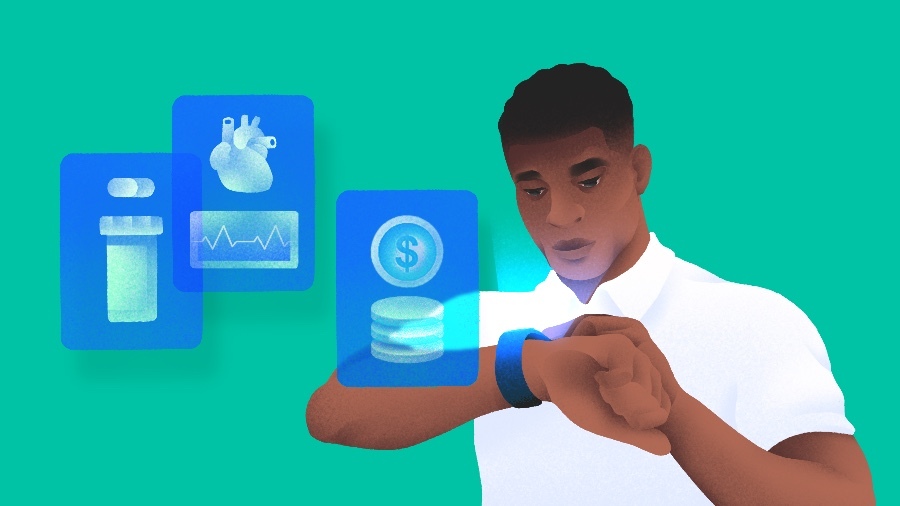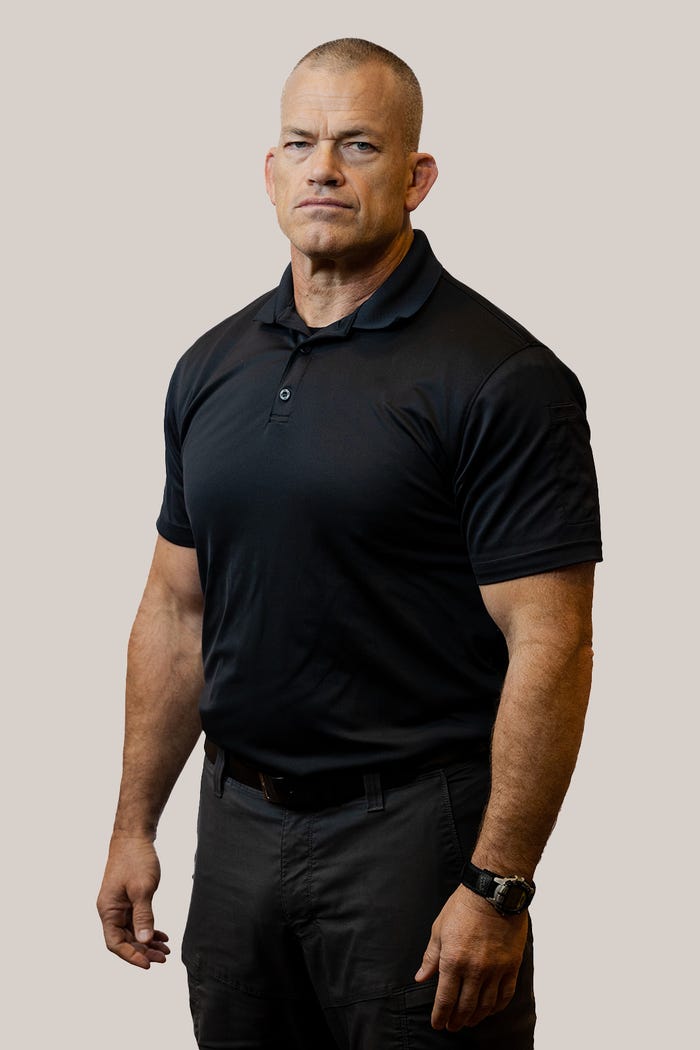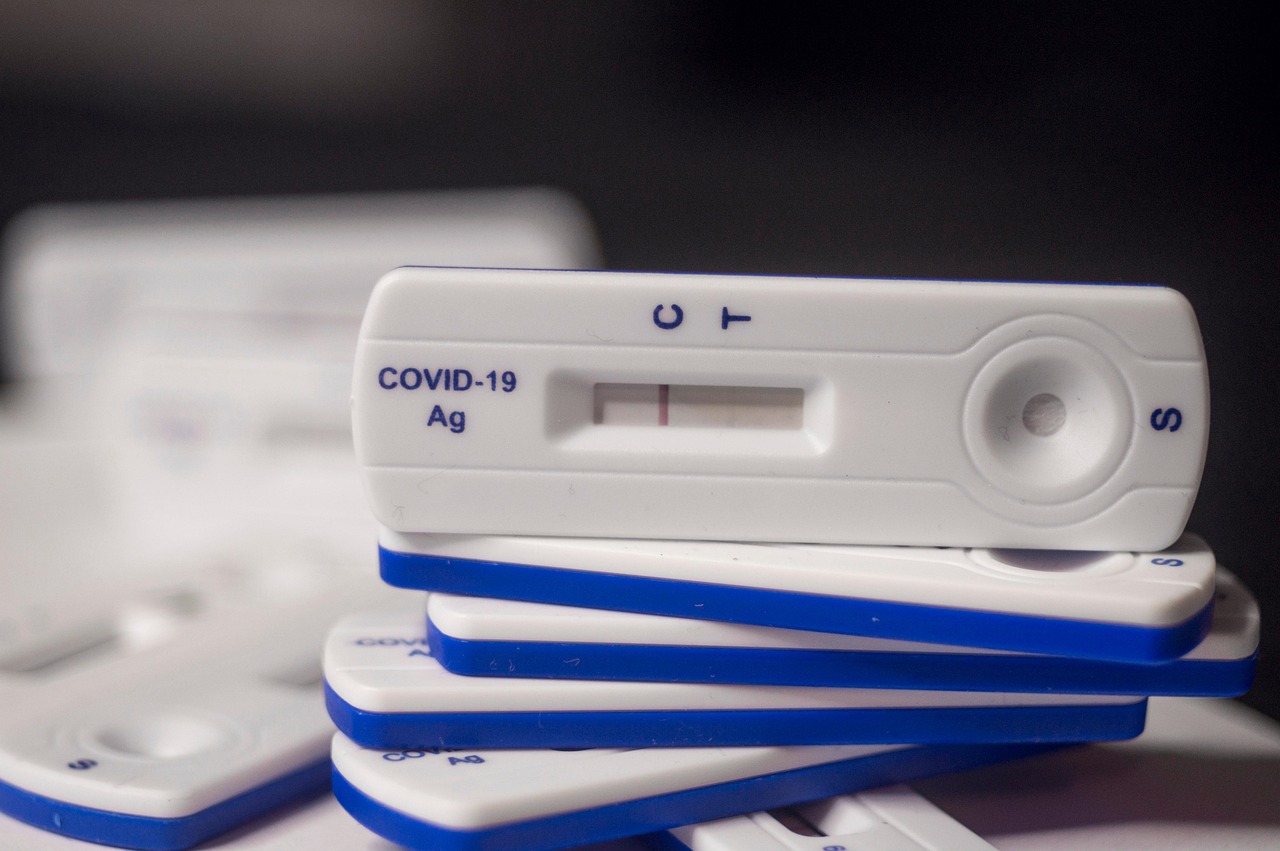Wearable technology is experiencing a significant boost in investment, primarily driven by the success of the Finnish company Oura. The firm, known for its innovative smart ring that tracks various health and wellness metrics, recently announced it secured more than $900 million in funding led by Fidelity. This investment elevates Oura’s valuation to an impressive $11 billion, reflecting a remarkable growth trajectory with sales projected to reach $1 billion this year.
Emerging Players in Wearable Technology
Oura is not alone in attracting substantial venture capital; the wearables sector is witnessing a surge of interest from various startups. According to data from Crunchbase, 18 companies focused on wearables have received significant funding in the past year. While health monitoring remains a dominant application, innovations are expanding into consumer products powered by artificial intelligence.
One notable example is Xpanceo, a Dubai-based startup that has developed smart contact lenses featuring a microdisplay and external sensors. In the summer of this year, Xpanceo raised $250 million in funding, achieving a valuation of $1.35 billion. Similarly, Nothing, known for its Android smartphones and audio devices, secured $200 million in a Series C funding round to enhance its vision of integrating hardware and software into a cohesive intelligent system.
Innovation Beyond Health Monitoring
The realm of wearables is not confined to human applications. Halter, a startup specializing in smart collars for livestock, closed $100 million in Series D funding this summer, bringing its valuation to $1 billion. This innovative platform allows ranchers to manage their cattle more effectively through the use of technology.
In the health sector, established players are also attracting investment. Biolinq, based in San Diego, secured $100 million in March for its wearable biosensor that continuously monitors glucose levels beneath the skin. Similarly, VitalConnect, located in San Jose, raised $100 million in February for its connected patches that enable remote cardiac health monitoring.
Another intriguing development comes from Epicore Biosystems, which has created a wearable device designed to track biomarkers in sweat, providing insights into hydration, nutrition, and stress levels.
The competition in the wearables market is heating up, with major technology companies also investing heavily in this sector. Giants like Apple, Google, and Meta are developing their own wearable devices, such as the Apple Watch and Google’s Fitbit. Apple’s recent introduction of AirPods with live translation capabilities underscores the growing sophistication and appeal of wearables.
Despite the presence of these industry titans, startups continue to carve out niches for themselves. They can effectively target early adopters and refine their products before launching to a broader audience. As the trend of wearable technology evolves, these innovative companies are likely to play a pivotal role in shaping the future of the industry.







